Sustainable Development Goals
Main SDG introduction
World leaders adopted the 2030 Agenda for Sustainable Development and its 17 Sustainable Development Goals (SDGs) at a historic UN conference in September 2015. The SDGs call for action by all countries to promote prosperity while protecting the planet, thereby recognizing that ending poverty must go hand-in-hand with strategies to build economic growth, address social needs, tackle climate change and ensure environmental sustainability.
It is becoming increasingly clear that the sustainable management of productive forests in the tropics, and a sustainable tropical timber trade, can help in meeting future wood demand and achieving the SDGs. ITTO is empowered to promote the expansion of international tropical timber trade from legal and sustainable sources. It is perfectly placed, therefore, to assist countries in their efforts towards all the SDGs, especially SDG 1 (“No poverty”), SDG 12 (“Responsible consumption and production”), SDG 13 (“Climate action”) and SDG 15 (“Life on land”). Some of the ways it is doing this are outlined below.
Select one or multiple SDGs below to see ITTO’s contributions towards achieving them.
Please scroll down to see the search results
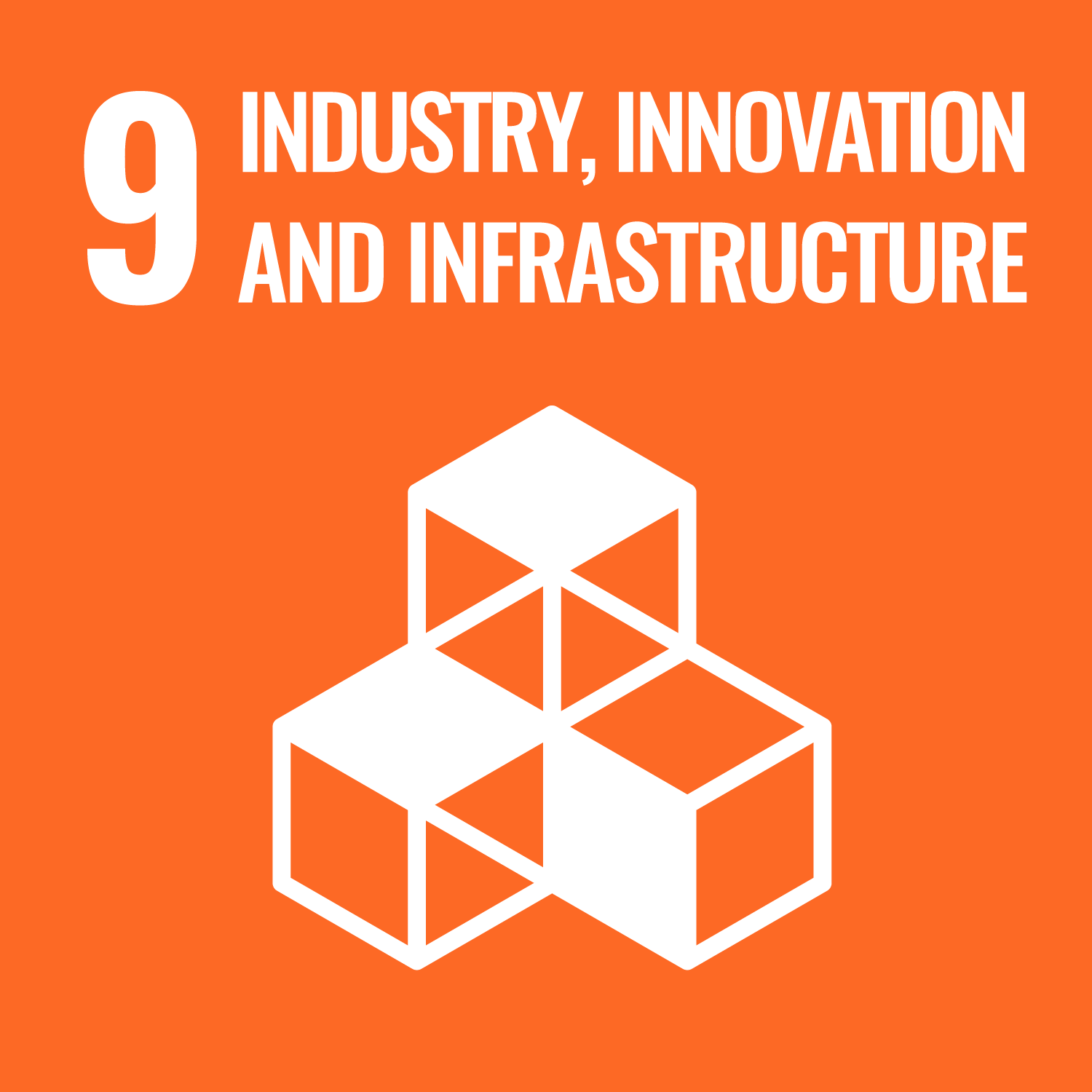
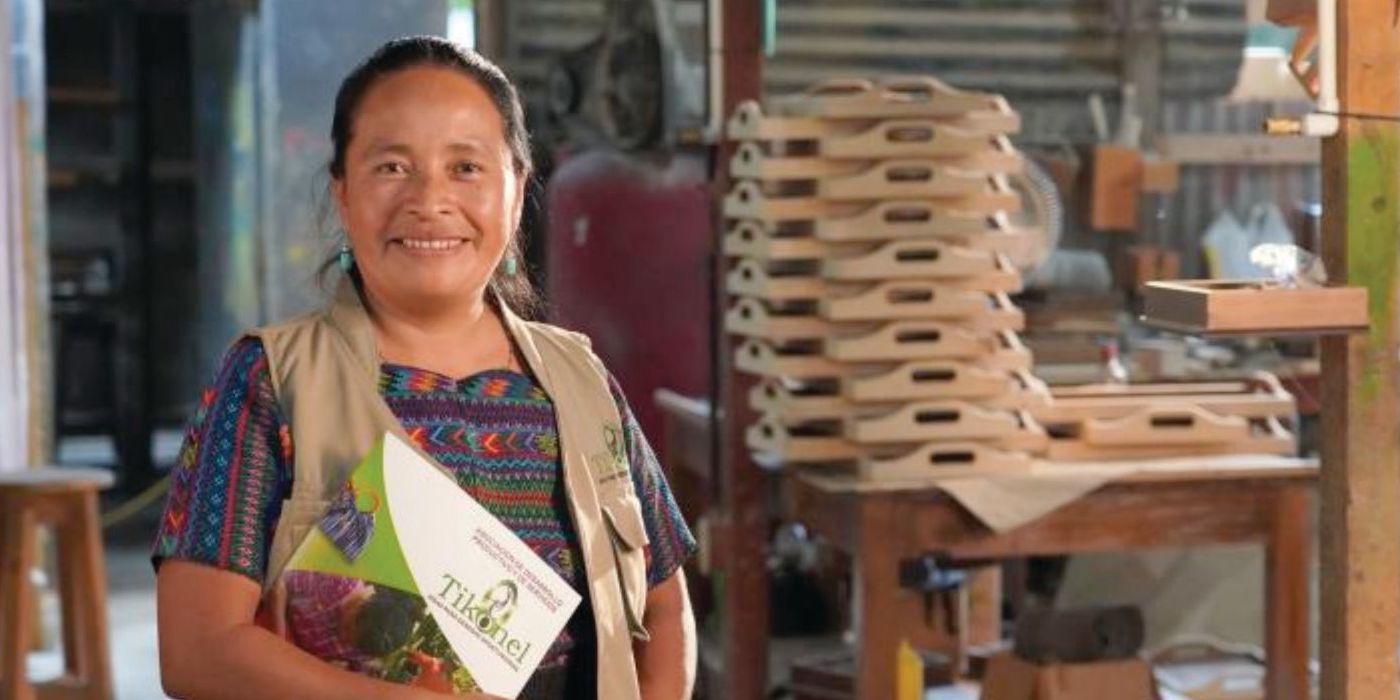
In many tropical countries, however, small and medium-sized forest enterprises often lack the capacity and enabling environment they need to flourish. They face challenges such as inadequate planning, low profitability, and a lack of research and development, marketing skills and access to finance.
ITTO is helping provide solutions to these and other challenges by supporting countries and enterprises to:
- Pursue innovative approaches to the sustainable and inclusive industrialization of the tropical forest sector.
- Improve efficiency in the processing and marketing of forest products.
- Address forest law enforcement, governance and trade.
- Develop legal and sustainable wood supply chains.
- Establish and manage forest plantations.
Related ITTO contributions for the selected Sustainable Development Goal(s)
(25 results found)
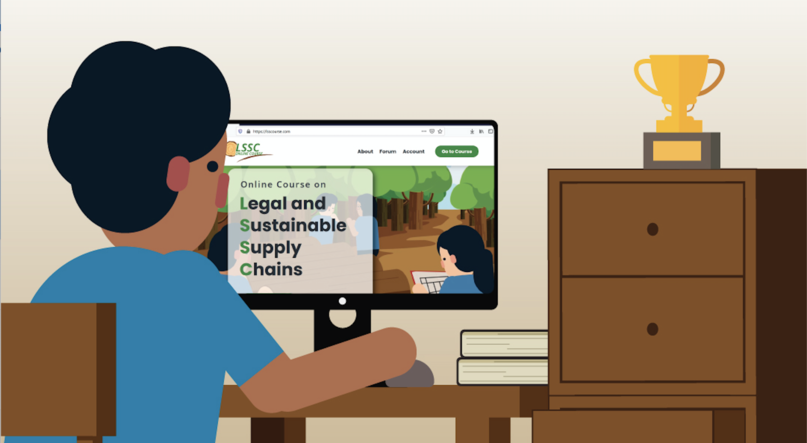
ITTO launches e-course on legal, sustainable timber supply chains
Quality education Industry, innovation and infrastructure Responsible production and consumption Life on land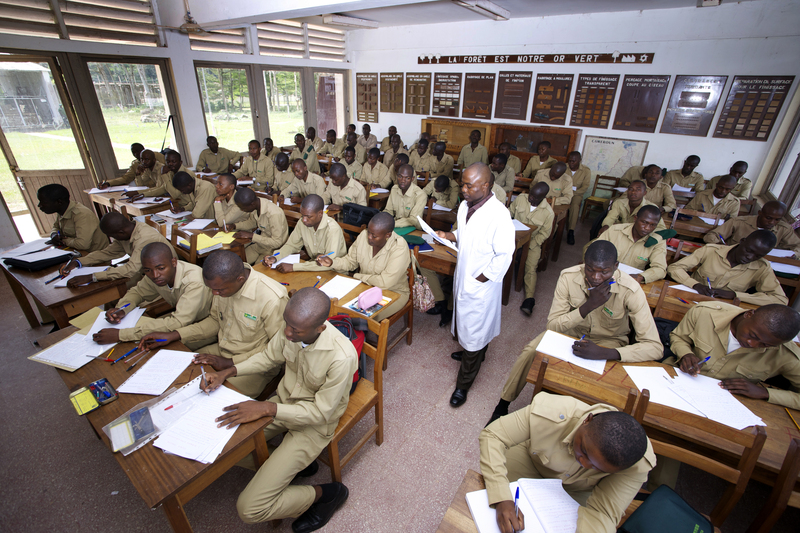
Advancing forestry education in the Congo Basin
Quality education Gender equality Industry, innovation and infrastructure
Developing the bamboo industry in Indonesia
No poverty Gender equality Industry, innovation and infrastructure Sustainable cities and communities Responsible consumption and production Life on land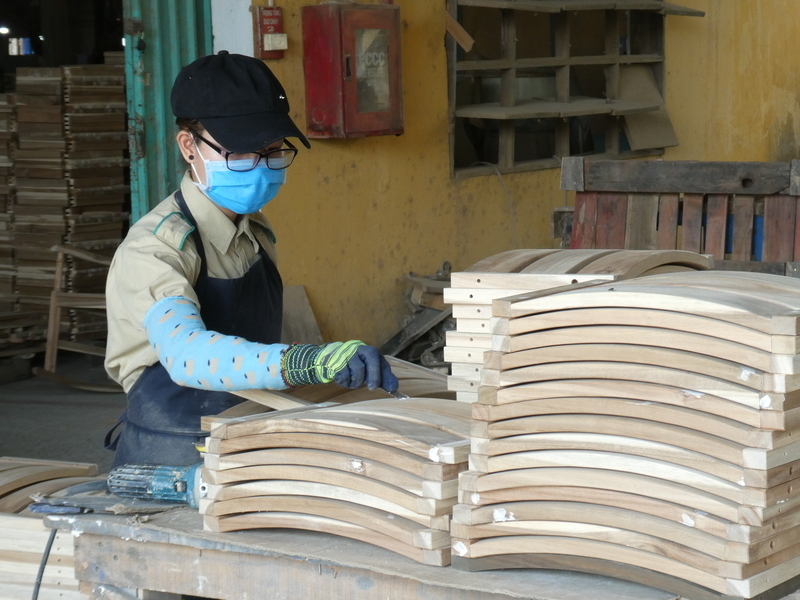
Promoting legal and sustainable supply chains
No poverty Decent work and economic growth Industry, innovation and infrastructure Responsible consumption and production Climate action Life on land Partnerships for the goals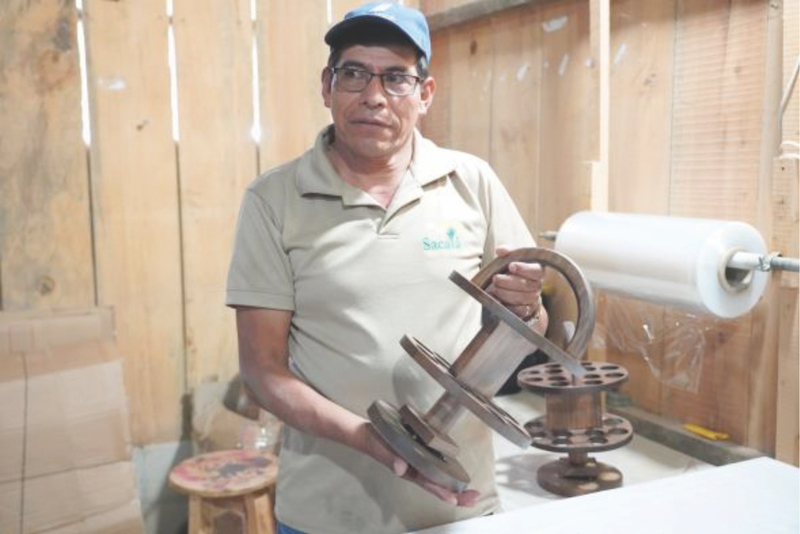
When micro businesses have macro impact
No poverty Quality education Gender equality Decent work and economic growth Industry, innovation and infrastructure Sustainable cities and communities Responsible consumption and production